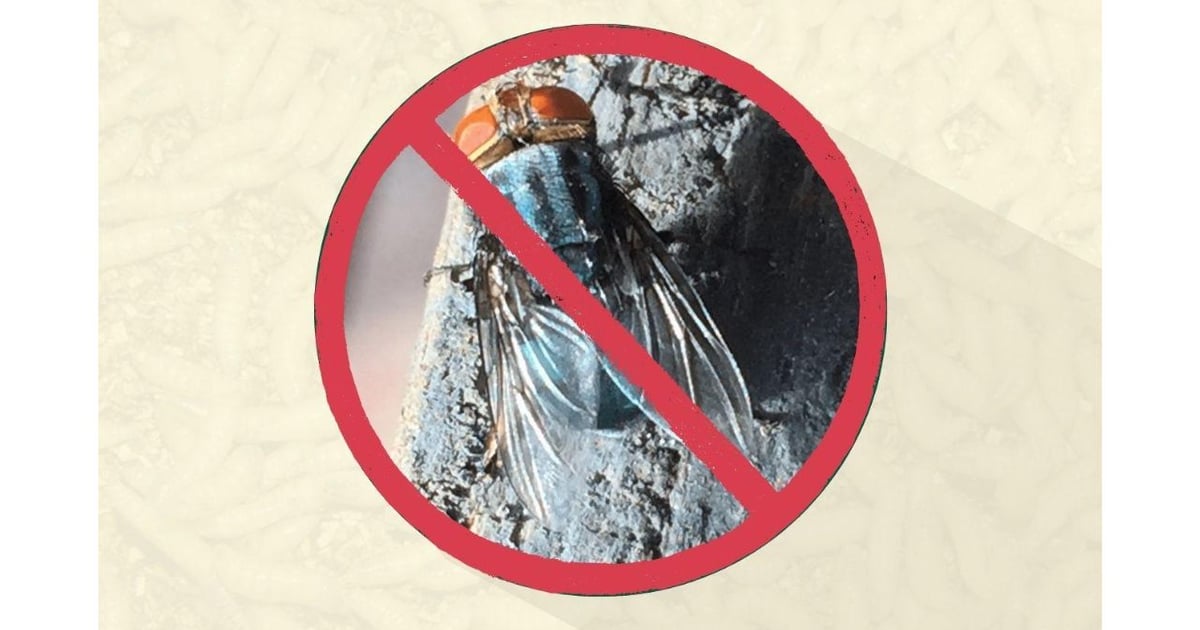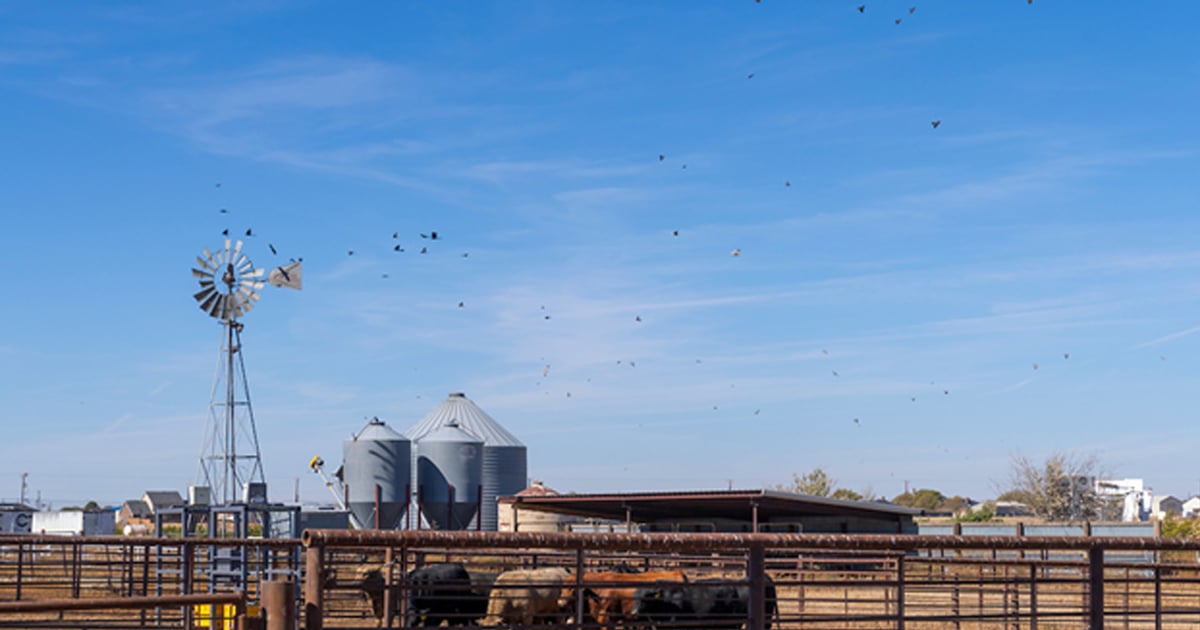Ag trade groups warn against hurting China exports
Posted on December 29, 2023 by Eric Bohl
Source: Farm Progress. The original article is posted here.

Instead of PNTR treatment, the committee recommends creating a “new tariff column that restores U.S. economic leverage to ensure that [China] abides by its trade commitments and does not engage in coercive or other unfair trade practices and decreases U.S. reliance on [Chinese] imports in sectors important for national and economic security.”
Farmers for Free Trade, a coalition of pro-trade agriculture groups, sent a letter to the committee warning about the potential negative impacts such moves could have on U.S. agriculture exports to China. The letter was signed by 17 national agricultural advocacy groups.
“In the past two decades, U.S. export sales to China have skyrocketed,” the letter says. “In 2022, the U.S. exported $38.11 billion in food and agricultural products to China – an astounding 22-fold increase – since gaining PNTR status. China is now the largest buyer of U.S. food and agricultural products, purchasing 19% of our exports. These exports are critical to America’s farmers and rural communities.”
Gray wolves reintroduced in Colorado
Just days before Christmas, wildlife officials in Colorado released 10 adult gray wolves into the wild near Rocky Mountain National Park. The effort is the result of a 2020 ballot initiative mandating reintroduction of wolves into western Colorado.
Proposition 114, which narrowly passed 51% to 49%, mandated that the reintroduction begin by the end of 2023. Voters in the Denver and Boulder areas heavily supported it, while those in western areas where the wolves were released were vehemently opposed. Six females and four males flown in from Oregon were released in this first round.
Livestock groups, including the Colorado Cattlemen’s Association, sued unsuccessfully to delay or stop the reintroduction. The state of Colorado has established a fund to compensate livestock owners up to $15,000 per animal killed by wolves.
Poultry tournaments rule to move forward in February
Despite pushback from lawmakers, USDA plans to move ahead with its timeline for implementing the Transparency in Poultry Grower Contracting and Tournaments Rule. A bipartisan group of nearly 65 members of the Congressional Chicken Caucus had asked for a 180-day delay.
Secretary of Agriculture Tom Vilsack told The Hagstrom Report that the program will move forward February 12 as planned. “It’s not as if what’s being asked is particularly onerous” since the information already is “very easily available,” he said. “I don’t see any reason to extend it. I’m not going to delay the important work of balancing the relationship.”
In their letter to Vilsack, the lawmakers strongly disagreed. “The rule establishes numerous additional disclosure requirements, changes what provisions must be included in contracts, introduces various open-ended and novel definitions and terms, requires companies establish entire oversight systems from scratch, and injects significant ambiguity regarding compliance. The provisions in the rule requiring certain terms be included in contracts are so novel that it appears the industry could have to amend nearly every contract – tens of thousands in total – in just two months over three major federal holidays. By providing just 75 days to implement the rule, AMS has dramatically underestimated the number of people involved, hourly rates, and time required of compliance officers, regulatory consultants, attorneys, executives, and other services required to implement the rule.”




